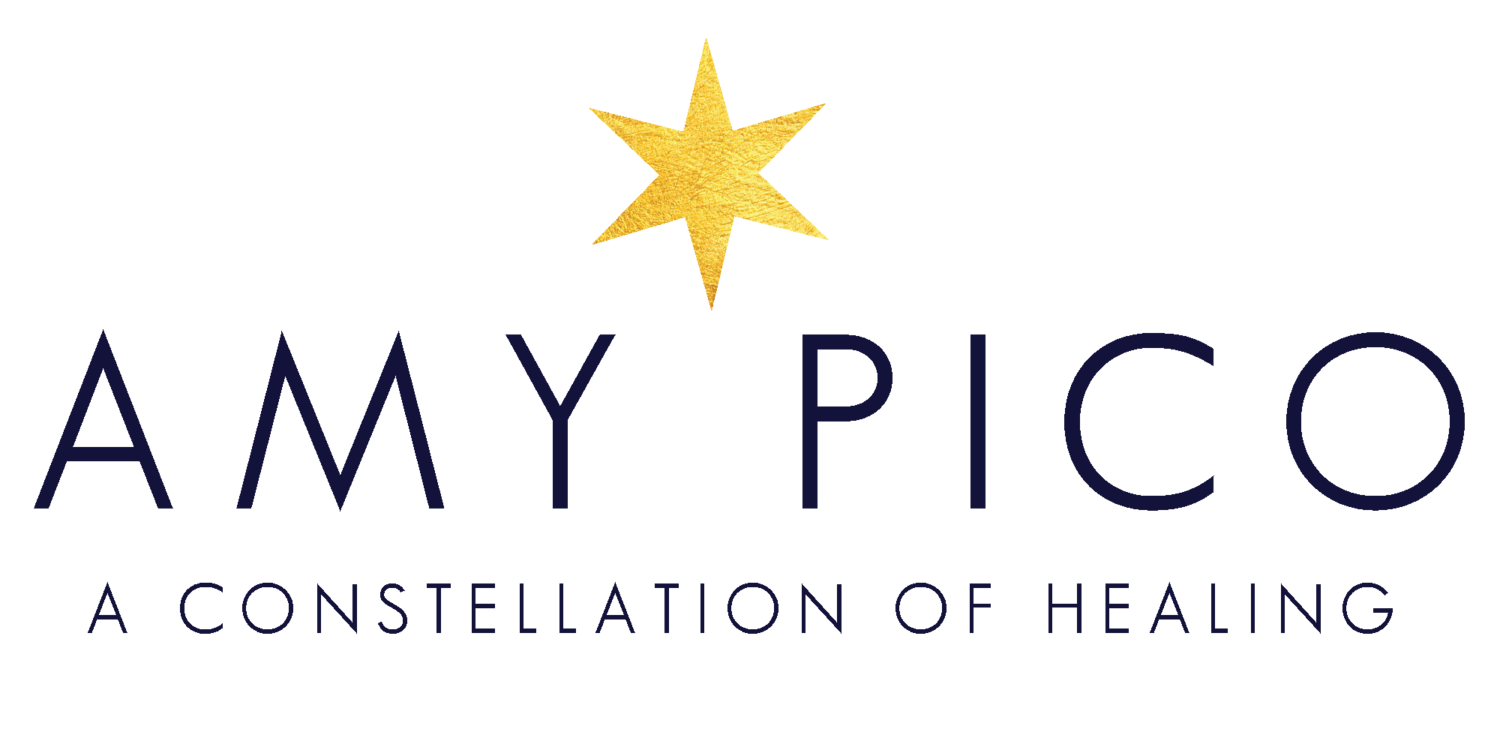It’s been almost two years since I have written for this blog. The pandemic has challenged me, both in positive and negative ways. During this time, I have done lots of self reflection, moved from Illinois to Georgia, and to Florida. My professional work continues to evolve as I evolve, and as such, it was time to publicly write down a few spaces and places where I am supporting myself and other humans.
As our world becomes more inclusive, it is important to express my own support and personal journey on the spectrum that is gender, sexuality, and neurodiversity.
Being gender fluid: While I still identify as female (she/they), I consider my gender expression one that is fluid and depends on how I feel and how I show up for myself and others. While I often don’t subscribe to feminine expressions, there are times where putting on makeup and a dress makes me feel really good. There are also times where dressing in a neutral way feels most comfortable.
Being pansexual: In exploring my sexual identity, I have currently landed on pansexual as it is loosely defined as a person who is attracted to the whole person, regardless of their gender identity. I often need to get to know a person for awhile before really being attracted to them, and as such, my attraction grows based on who they are holistically. Other terms I could use for this: demisexual or sapiosexual.
Being autistic: In recent months, I went through neuro-psychological testing in order to get a better handle on some of my consistent struggles with socialization and sensory issues. In so doing, I discovered I am on the autism spectrum, needing minimum supports. I will continue to share my journey through the lens of autism, and how my version of neurodiversity has helped me in my professional career. I pick up on things many people overlook, and this attention to detail has served my clients well.
I am still working out my implicit biases based on my privileges due to my race, education, socioeconomic status, and ability to pass as a cisgender person. I hope as I continue to love the diverse parts of myself, I will continue to learn how to be a better therapist to my clients who are exploring any version of themselves in safe, supportive environment.
If you are reading this, and would like further support navigating your gender, sexuality, or neurodiversity, please don’t hesitate to contact me, my application for services is here.
Perla and I say, “hello!” from the Emerald Coast of Florida.




